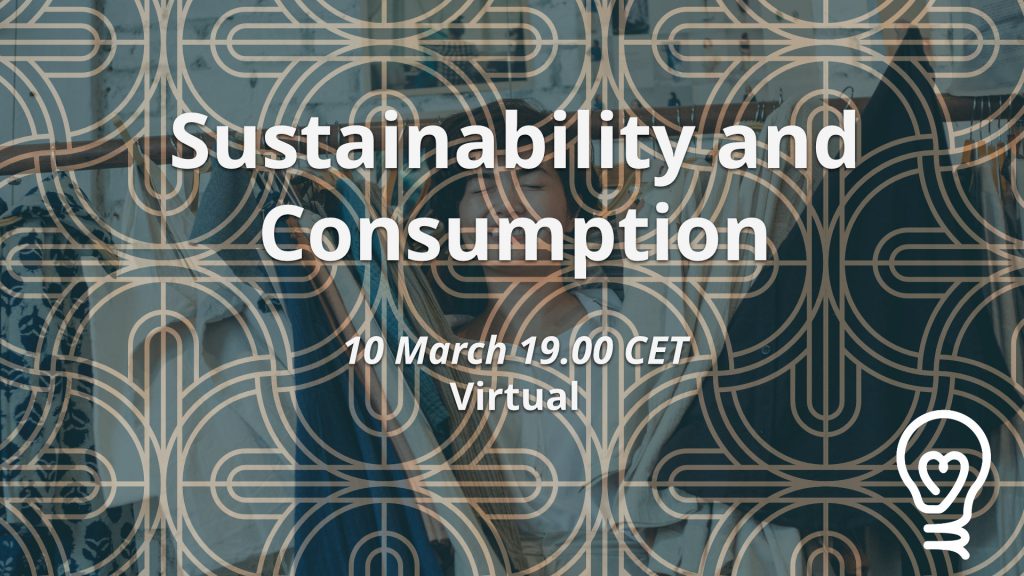Public Commitment 2021 – Update 1
This years theme is Serial Tasking. The goal is to be more focussed and work on the things I’m saying I will work on.
Recently I’ve been listening a lot to the podcast by Cal Newport (Deep Work) and the biggest concept from there is time blocking. Something I do, but then am not as good at enforcing as I should be.
In my own words, time blocking means planning out your day (according to your weekly plan, which is building on your monthly/quarterly plan). And then doing exactly that which you had planned in that time.
Ways I can improve on doing this (vs switching to different tasks), is to have either my notebook open (where I make the planner on paper), and/or the iPad open with Toggl running (which indicates the time block that is ongoing). I think that I should also start discussing the day with Onno, Queal co-founder, again.
Ok, enough rambling, onto the goals for this year.
Goal 1: Write something every day
I have been writing things, but not consistently every day. I now have that time-blocked in the morning so that I can focus on writing before I jump into email and all that.
I have also started using Calendly to start grouping calls on Thursdays so I have more time also on other days to write.
One big thing that will help with writing is that the database should be nearing the finish line so I should, after that, have more time to focus on writing each day.
And just to note, this could be anything as small as a few paragraphs about a psychedelic term, to a long book review (or part of an essay that I can publish independently – I think the metric should be to publish something each day).
Goal 2: Promote my work
I’ve been doing this ok-ish on Twitter for Blossom. There are still many more ways to do this that I know of already.
Another way to become better at this, is to partner with someone who has more feeling for this. But I think the first part is, that I block time (during my end-of-work checklist <- I’ve been making a few of these) each day to see/check if I’ve shared my work that day.
Another part of the things that I want to share is more art work. But for now, I fear that I wont have enough time to do that.
Goal 3: Meditate daily
Going very well. I don’t know how much transfers to being more aware during the day, but is a good start of the day (followed by some exercises).
Goal 5: Learn 3 songs on the harmonica
I have been practicing some, but less than I wanted. Still, I think I can already play 3 songs if I’m looking at the notes.
This month I’ve switched my goal from playing each day (which wasn’t working), to playing 3x p/w.
Goal 6: Add 2 features to this website
The dark mode is done (can of course improve it, but no priority now).
I do have plans for adding more search functions to the book reviews and have already added my Obsidian notes so that I can find them here too.
Goal 7: Improve my learning process
The addition of Obsidian should help with this process. Still, I don’t (very) regularly make notes there.
One thing that has been going well is studying my Anki notes, and I plan to add more notes to there to really keep the spaced repetition going.
Goal 8: Move more money towards effective charities
This is something for later months, but for now I’ve made the post for GWWC and plan to publish my blog for the EA forum sometime soon.
—
And, some more concrete goals for Blossom and Queal
Queal
- Increase revenue by 20%
- Ongoing, did some experiments in the first few months of this year
- Brexit has not been nice to us, but hopefully all solved by next week
Blossom
- Launch/run Blossom Analysis (ongoing!)
- Weekly updates
- Database
- Essays (psychedelics and …)
- Launch/run Blossom Guides (later, if we’re vaccinated)
- 2 to 3 sessions per week by mid 2021
- Possibly together with other coaches
- Launch/run smaller projects (first two going well, last two in statis)
- PsychedelicsBooks
- PsychedelicsCourses
- PsychedelicsDirectory
- PsychedelicsProtocol
- Launch/Kickstart PsychedeliCards (no, not enough time, maybe before holidays)
- First half of 2021
—
Finally, some goals that are more for fun/relaxation/habit
- Do sports 5 out of every 7 days (yes)
- Same for mobility training (yes, but only short)
- Achieve <12% bodyfat (not currently main focus)
- Play videogames for more than 100 hours (estimate 2020: <10 hours) (going well)
- Drink fewer alcoholic drinks than last year (estimate/log 2020: sum 559, average 1.5, median 0 (more days no drinks), max 15, 10+ 5 times, ~56.000kcal ~18 days of energy) (90 so far, so on schedule)
- Learn to ride a motorcycle (first exam done, two more to go)

